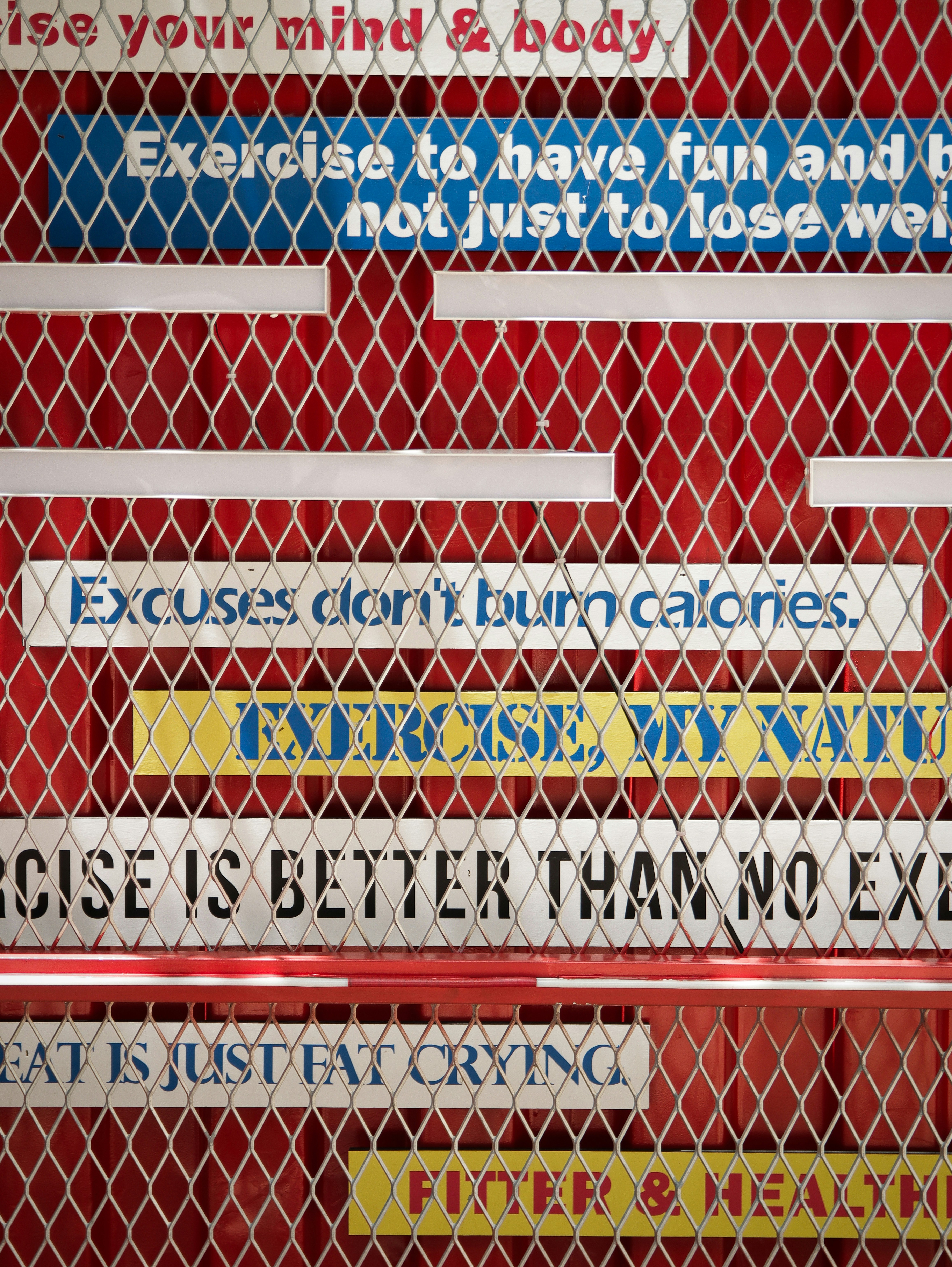-
Welcome! Your Guide to Embracing a Healthier Lifestyle
Introduction to a Healthier You Welcome! This health journey is an exciting endeavor toward embracing a healthier lifestyle. Whether you’re looking to improve your diet,…
-
Welcome to Our Health Blog: Your Journey Begins Here
Introduction to Our Health Journey Welcome! This health blog is dedicated to providing you with valuable insights and tips about leading a healthier lifestyle. We…

Understanding Your Fitness Goals
Before embarking on your fitness journey, it is crucial to define your goals. This could include losing weight, building muscle, or improving endurance. By establishing specific, measurable, achievable, relevant, and time-bound (SMART) goals, you will set a clear direction for your training regimen.
Creating a Customized Workout Plan
Once you have clarified your objectives, the next step in getting in shape involves developing a workout plan tailored to your needs. Include a mix of cardiovascular, strength training, and flexibility exercises. Aim for at least 150 minutes of moderate-intensity aerobic activity each week, alongside muscle-strengthening exercises on two or more days. This balanced approach will promote overall fitness and help you track progress effectively.
Importance of Nutrition and Recovery
No fitness regime is complete without proper nutrition and recovery. Eating a balanced diet rich in whole foods will provide the necessary nutrients to fuel your workouts. Incorporate lean proteins, healthy fats, and plenty of fruits and vegetables. Additionally, prioritize sleep and recovery days to avoid burnout. Recognizing that fitness is not just about working out, but also about how you nourish your body, ensures sustainable progress.
Understanding Your Fitness Goals
Before embarking on your fitness journey, it is essential to set realistic and achievable goals. Consider what getting in shape means to you personally; it could be losing weight, building muscle, or enhancing your overall health. Defining these targets will provide direction and motivation as you progress.
Creating a Balanced Workout Plan
A well-rounded fitness routine should include cardiovascular exercises, strength training, and flexibility workouts. Aim to perform cardiovascular activities such as running, cycling, or swimming at least three times a week, for a minimum of 150 minutes combined. Additionally, dedicate at least two days a week to strength training, working on major muscle groups using weights or bodyweight exercises. Incorporating yoga or stretching will help improve your flexibility and enhance recovery.
Adopting Healthy Eating Habits
Fitness is not solely about exercise; proper nutrition plays a crucial role in getting in shape. Focus on consuming a balanced diet rich in whole foods, including lean proteins, whole grains, fruits, and vegetables. Staying hydrated is also critical; drink plenty of water daily, particularly before, during, and after workouts. Consider consulting a nutritionist for personalized advice tailored to your fitness objectives.
Tracking Your Progress
Keep track of your fitness journey by maintaining a journal or using fitness tracking apps. Recording your workouts and dietary habits will help you identify what works and what needs adjustments. Celebrate small milestones to stay motivated and committed to your fitness goals.
Empower Your Health
Welcome to GoEnvoys, a health and wellness blog by a registered nurse, offering clear insights and guidance for your health journey.


Empowering Health Insights
-
Welcome! Your Guide to Embracing a Healthier Lifestyle
Introduction to a Healthier You Welcome! This health journey is an exciting endeavor toward embracing a healthier lifestyle. Whether you’re…
-
Welcome to Our Health Blog: Your Journey Begins Here
Introduction to Our Health Journey Welcome! This health blog is dedicated to providing you with valuable insights and tips about…
Empowering Health Insights

Expert guidance for managing well-being and navigating the healthcare system with confidence.

Evidence-based perspectives on health conditions and lifestyle habits for informed decision-making.

Supportive resources for mental wellness, patient advocacy, and preventative care strategies.
Empower Your Health
Discover clear, evidence-based insights to navigate your health journey and promote your well-being with trusted guidance from a registered nurse.

